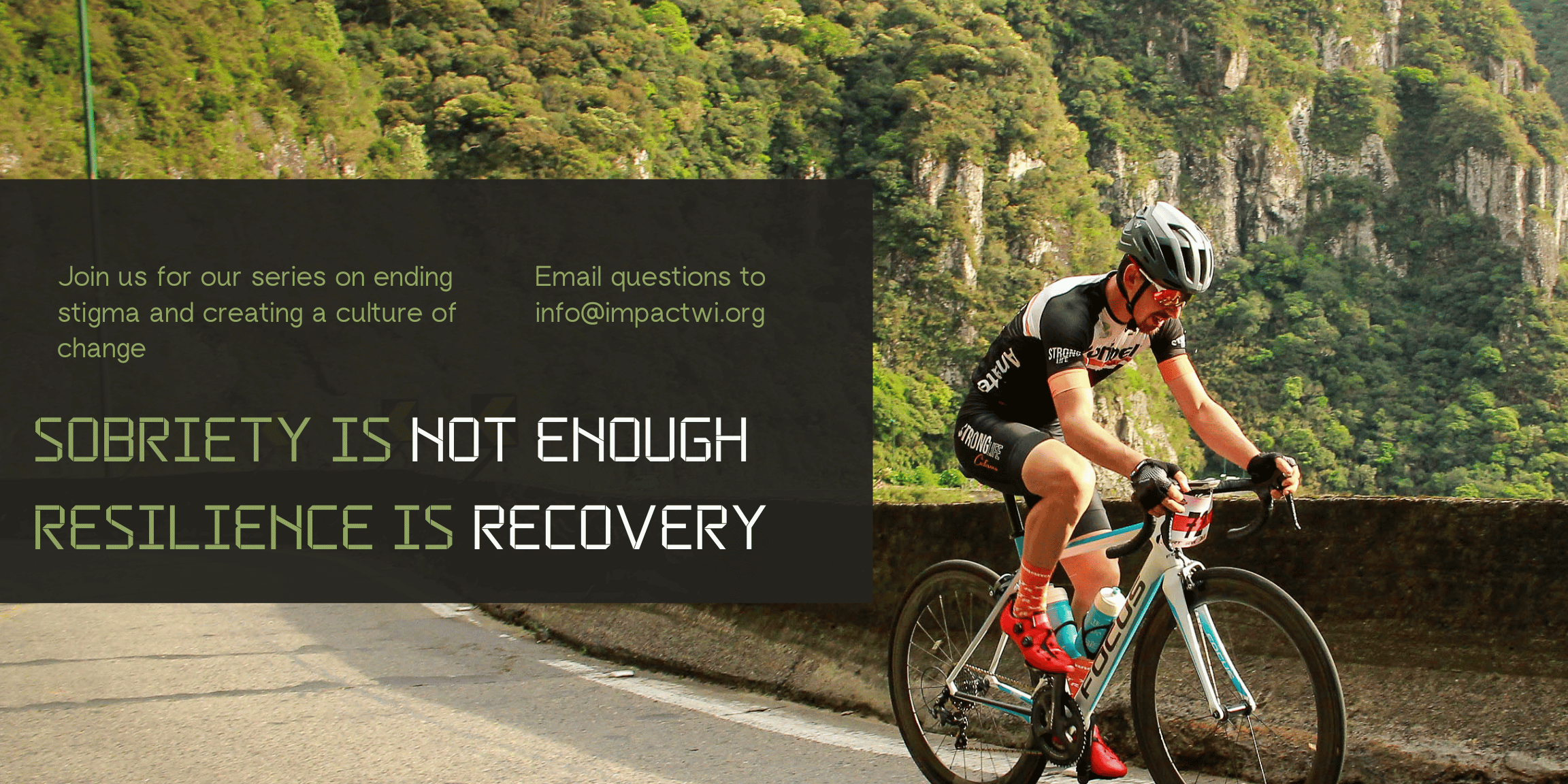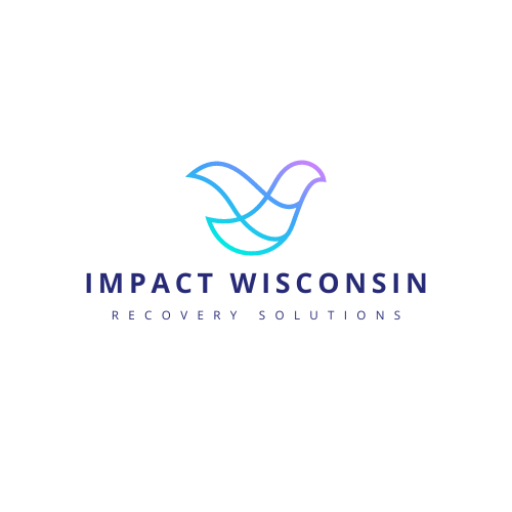
Resilience is the ability to adapt to change and bounce back from adversity. It is a key factor in addiction recovery, as it allows people to cope with the challenges of addiction and rebuild their lives. There are many ways to measure resilience, but some common methods include:
- Self-report measures: These measures ask people to rate their own level of resilience. There are many different self-report measures available, so it is important to choose one that is appropriate for the population being studied.
- Interviews: Interviews can be used to collect information about people’s resilience from their own perspective. Interviews can be conducted with individuals or groups, and they can be structured or unstructured.
- Observations: Observations can be used to measure resilience in a more objective way. For example, observers might record the number of times a person bounces back from a setback, or the amount of time it takes them to recover from a crisis.
Once data has been collected, it can be analyzed to identify patterns and trends in resilience. This information can then be used to develop interventions that promote resilience in addiction recovery.
Here are some tips for building resilience in addiction recovery:
- Identify your strengths: Everyone has strengths, even people who are struggling with addiction. Take some time to identify your own strengths and how you can use them to cope with challenges.
- Build a support system: Surround yourself with people who believe in you and who will support you on your journey to recovery. This could include family, friends, professionals, or other people who are in recovery.
- Practice self-care: Taking care of yourself is essential for your physical and mental health. Make sure to get enough sleep, eat healthy foods, and exercise regularly.
- Set realistic goals: Don’t try to do everything at once. Set realistic goals for yourself and take things one step at a time.
- Be patient with yourself: Recovery is a journey, not a destination. There will be ups and downs along the way. Be patient with yourself and don’t give up.
Resilience is a key factor in addiction recovery. By following these tips, you can build resilience and increase your chances of success.
Where to start? The Winter of 2022
As the cold winds of the winter of 2022 swept through, they brought with them a period of introspection and realization that would forever alter the course of my life and work. This season wasn't marked just by the chill of the season; it was a chilling recognition...
Impact Wisconsin Announces Exciting Update of Peer Resiliency Support Specialist Training
We at Impact Wisconsin are thrilled to announce the launch of our latest initiative, the Peer Resiliency Support Specialist Training program. Designed to empower individuals with lived experience in substance use disorder and mental health recovery, this program is a...
Beyond Sobriety: How the Recovery Capital Index Guides Holistic Healing
In the journey of recovery, measuring progress extends far beyond the binary measure of sobriety. While abstaining from substances is a significant achievement, it represents just one facet of a multi-dimensional process. At Impact Wisconsin, we understand that...
The Recovery Capital Index
The Recovery Capital Index (RCI) is a tool that measures the well-being of people who are recovering from addiction. The RCI was developed by Face It TOGETHER, a non-profit organization that provides support to people who are recovering from addiction and their loved...
Sobriety is not a perfect measure
Sobriety is not a bad way to measure recovery. In fact, it is a very important measure of recovery. However, it is not the only measure of recovery. There are many other factors that can contribute to recovery, such as mental health, physical health, and social...
